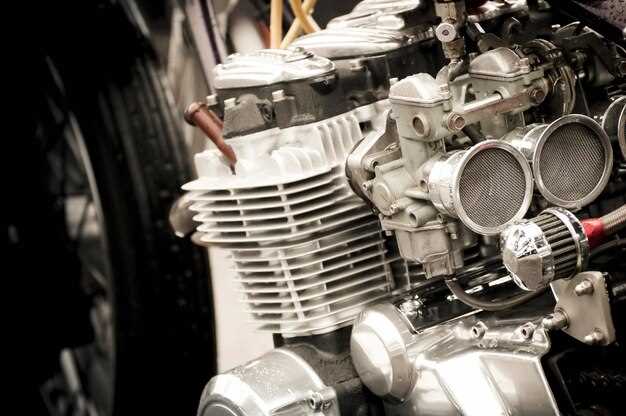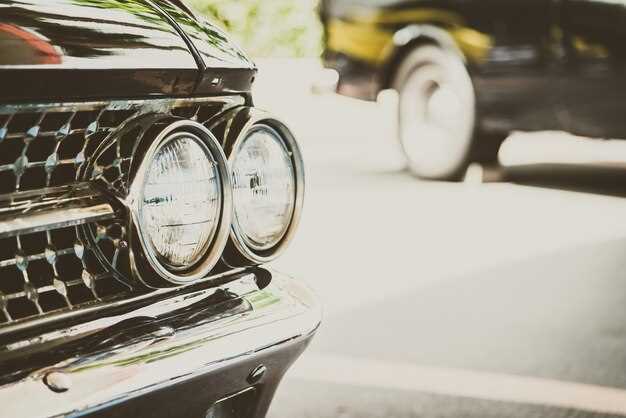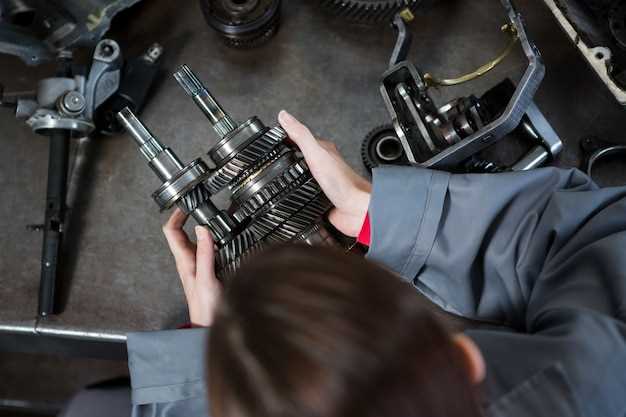
When it comes to performance optimization for classic Porsche engines, dyno testing stands out as a critical step in the evaluation process. This method involves utilizing a dynamometer, or “dyno,” to measure the engine’s power output, torque, and overall efficiency under controlled conditions. The ability to quantify performance metrics offers significant insights that can enhance not only the engine’s output but also its longevity and reliability.
For enthusiasts and restorers of classic Porsche vehicles, dyno testing provides a systematic approach to understanding the true capabilities of their engines. By examining the data collected during testing, owners can make informed decisions about modifications, tuning, and maintenance. This process not only helps in diagnosing potential issues but also refines the vehicle’s performance to meet modern driving standards while preserving its classic character.
Furthermore, dyno testing plays a pivotal role in ensuring that engines are performing as intended after restoration or modifications. Many classic models often undergo engine upgrades to enhance their performance, and a reliable dyno test can verify that these enhancements yield the expected improvements. In this regard, dyno testing transcends mere curiosity, positioning itself as an essential tool in the preservation and enhancement of classic Porsche engines.
Understanding the Role of Dyno Testing in Engine Performance Measurement
Dyno testing plays a crucial role in accurately measuring the performance of classic Porsche engines. This process allows for a controlled environment where various parameters can be evaluated, providing insights into the engine’s capabilities and potential areas for improvement. By measuring horsepower and torque output, dyno testing helps identify how well the engine performs under different tuning scenarios.
One of the key advantages of dyno testing is the ability to monitor the engine’s behavior across a range of operating conditions. This includes adjustments to fuel mixtures, ignition timing, and other tuning aspects that directly influence performance. With this data, enthusiasts can optimize their engines for better efficiency, responsiveness, and power delivery, making it an essential tool for those looking to enhance their driving experience.
Furthermore, dyno testing facilitates comparisons between stock and modified configurations. Classic Porsche owners often pursue various upgrades to improve engine performance, and dyno results provide tangible evidence of the effectiveness of these changes. This feedback loop is invaluable for tuning professionals looking to refine their adjustments and for owners aiming to maximize their vehicle’s potential.
Ultimately, the insights gained from dyno testing not only contribute to better engine performance but also help in making informed decisions regarding modifications. Whether for restoration projects or performance enhancements, understanding how an engine behaves on the dyno enables a more strategic approach to tuning, ensuring that classic Porsche engines perform at their best.
How Dyno Testing Affects Tuning Strategies for Classic Porsche Engines

Dyno testing plays a crucial role in the tuning process of classic Porsche engines by providing accurate data on engine performance. This data helps tuners understand how adjustments to various components such as fuel delivery, ignition timing, and air intake impact overall engine efficiency and power output.
One of the primary benefits of dyno testing is the ability to map the engine’s performance curve. By knowing the exact horsepower and torque at different RPMs, tuners can identify peak performance zones and make informed decisions on modifications. For example, if a dyno run reveals that torque drops significantly at certain RPMs, this insight can lead to targeted tuning efforts aimed at improving acceleration and driveability.
Furthermore, dyno testing allows for fine-tuning of the fuel-air mixture. Classic Porsche engines often require precise balancing between these elements to achieve optimal combustion. By simulating various conditions on a dynamometer, tuners can determine the ideal mixture for different driving scenarios, ultimately enhancing performance while ensuring engine longevity.
Additionally, dyno testing facilitates comparison between different tuning strategies. Enthusiasts can experiment with various setups, such as changes in exhaust systems or camshaft profiles, and assess their impact in a controlled environment. This iterative process not only refines tuning strategies but also gives valuable insight into how specific modifications affect engine behavior.
In summary, dyno testing significantly influences tuning strategies for classic Porsche engines by providing vital performance data, allowing for precise adjustments, and enabling the evaluation of different modifications. As a result, enthusiasts can achieve a harmonious balance between performance and reliability, maximizing the joy of driving these iconic vehicles.
Evaluating the Cost-Benefit of Dyno Testing for Classic Porsche Enthusiasts

The decision to invest in dyno testing for classic Porsche engines involves a careful assessment of both costs and potential benefits. Dyno testing, while not cheap, can offer invaluable insights into the engine’s performance, tuning, and overall health. For enthusiasts, understanding the trade-offs is essential.
Firstly, dyno testing provides precise measurements of horsepower and torque. This data allows owners to determine how well their engine is operating compared to factory specifications or personal expectations. For classic Porsche owners seeking optimal performance, these metrics can justify the expense, especially during restoration or significant modifications.
Secondly, a dyno session can identify issues that might not be apparent through visual inspections or casual driving. Problems such as fuel mixture imbalances, ignition timing discrepancies, and exhaust restrictions can be revealed during testing. Addressing these issues early can lead to substantial savings by preventing more severe damage or costly repairs down the line.
However, it’s important to consider the financial aspect. The cost of dyno sessions can vary widely based on location, service provider, and the complexity of the testing required. For a one-time performance evaluation, the investment may be justified. In contrast, for casual drivers who prioritize aesthetic and historical value over performance, this cost may not be as easily rationalized.
In addition to performance benefits, dyno testing offers the opportunity for tuning optimization. Engaging a skilled technician can lead to improved drivability and enhanced engine efficiency. For enthusiasts who frequently participate in competitions or car shows, having a finely-tuned engine can greatly enhance the overall experience.
Ultimately, the benefits of dyno testing for classic Porsche enthusiasts are clear; the ability to fine-tune engine performance, identify issues, and achieve optimal power output can enhance both the driving experience and the vehicle’s longevity. However, weighing these benefits against the financial investment remains crucial to making an informed decision about pursuing dyno testing.
 Skip to content
Skip to content





